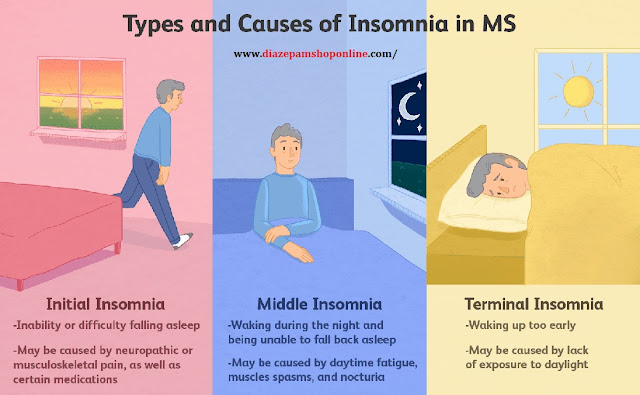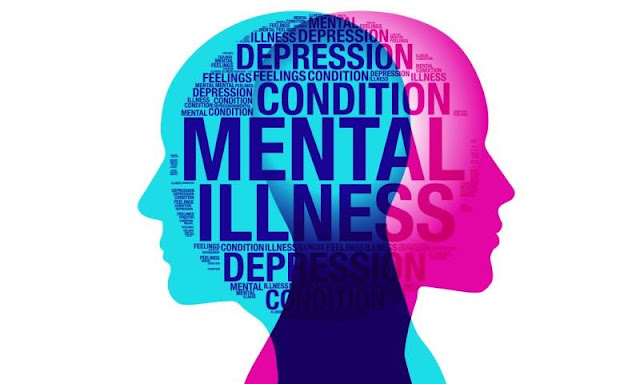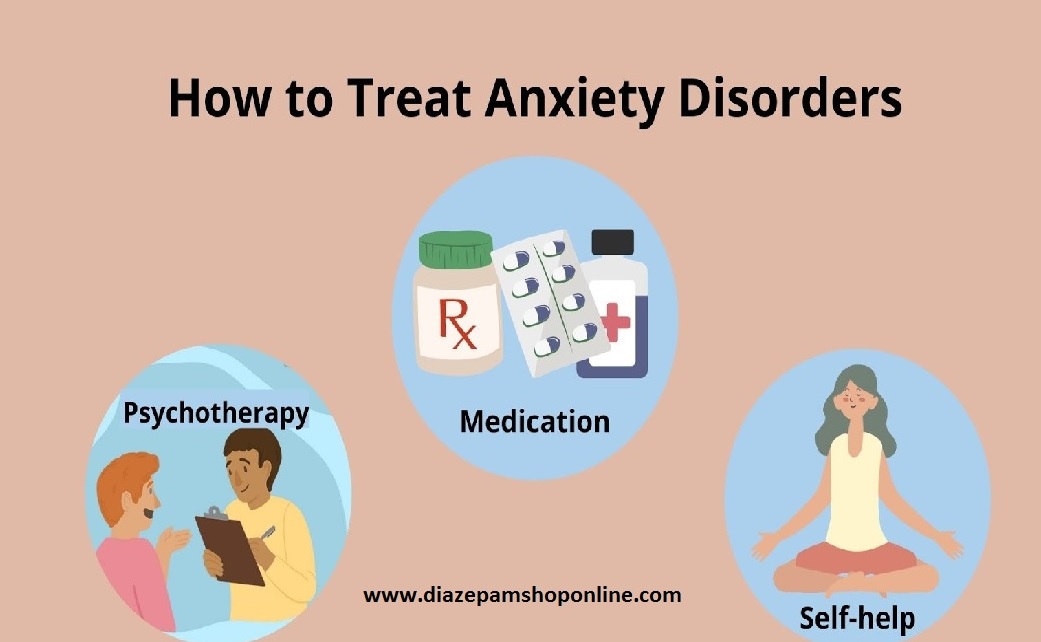How You Can Treat Insomnia Yourself
Insomnia is a sign that you are having an ongoing sleep problem. It can be improved through a change in your sleeping habits.
Check if you’re suffering from insomnia.
You are suffering from insomnia if often:
- It is difficult to get to sleep
- awake several times throughout the night
- You can’t sleep at night because you are awake
- awake early and are unable to get back to sleep
- Still feel tired even after waking
- Find it difficult to fall asleep throughout the day, even if you’re exhausted
- Feel tired and angry throughout the day
- Find it difficult to focus in the course of the day since you’re exhausted
The symptoms may be present for months or even for years.
How much sleep you’ll need
Everyone requires different amounts of sleep.
On average we need:
- Adults between 7 and 9 hours
- Children 9-13 hours
- Baby and toddlers from 12 to 17 hours
What causes insomnia?
The most frequently cited reasons for insomnia include:
- depression, anxiety, or stress
- noise
- A area that’s hot, or too cold
- uncomfortable mattresses
- alcohol, caffeine or nicotine
There are certain conditions and medications that may cause sleep disturbances. Discuss this with your https://diazepamshoponline.com/shop GP in case you’re worried about this.
How to help yourself with insomnia
Insomnia is generally improved when you change your sleeping patterns.
Utilizing a device such as smartphones before bedtime could lead to sleep disturbances. It is also recommended to not smoke or drinking alcohol coffee or tea at least 6 hours prior to going to bed.
Try:
- sleep and wake up the same time every single day
- Relax for at least one hour prior to bed. For instance, you can take a bath or take a nap or
- You should only sleep at a time when you are exhausted.
- Make sure that your mattress, pillows , and covers are comfy
- Exercise regularly throughout the daytime
The following could also be a factor in a poor night’s sleep:
- eating a big meal late at night
- At least 4 hours of exercise prior to going to bed
- sleeping throughout the daytime
- driving when you are tired
- Sleep in after a rough night’s rest – adhere to your normal sleeping schedule instead
What can a pharmacist do to help
It is possible to purchase herbal remedies from pharmacies. But they aren’t going to eliminate your insomnia and have a variety of side consequences.
Herbal remedies may make you sleepy the next day. You may find it difficult to accomplish your tasks.
You shouldn’t drive for the rest of the day following the use of these medications.
It is important to consult a GP when:
- changing your sleeping habits haven’t resulted in any improvement
- you’ve been struggling to sleep for several months
- the insomnia you suffer from is affecting your everyday life in a manner that it is difficult for you to manage
They can be incompatible with other medications. Inform your pharmacist about the tablets you’re taking.
Treatment provided by a GP
Your GP will seek the cause of your insomnia to ensure you receive the correct treatment.
Sometimes you’ll be directed to a therapist cognitive behavioral therapy. It can assist you in changing your thoughts and behaviors that hinder you from falling asleep.
Sleeping in the night is usually an indicator of:
- anxiety
- panic
- moody
Sleeping pills
Doctors are now less likely to prescribe sleep pills for insomnia. The use of sleeping pills may cause severe side effects, and it is possible to become dependent on these drugs. It has also been demonstrated to increase the chance of hip fractures as well as dementia.
Sleeping pills are recommended for a few days or even weeks at minimum, if
- Your insomnia is quite terrible
- other methods haven’t worked
Sleep disorders
These disorders of sleep are referred to as parasomnias. The most frequent ones are:
- Night terrors – when a shocking wake-up occurs typically with a scream or shout after 90 minutes or so following having fallen asleep
- sleep paralysis occurs when you’re awake, but cannot move your body and are unable to speak when you get up from a sleep
- sleepwalking , walking through the house, walking out, carrying things around or looking through cupboards
- Restless leg syndrome is a persistent, involuntary irritation of your legs that can cause motion, particularly before you go to bed
Obstructive sleep apnoea
Obstructive sleep apnoea (OSA) is a condition that causes intermittent and frequent collapse of the upper airway in the course of sleep. This causes irregular breathing at night , as well as excessive sleepiness during the day.
Speak to your GP If you’re experiencing one of these sleep problems or sleep apnoea.



Comments
Post a Comment